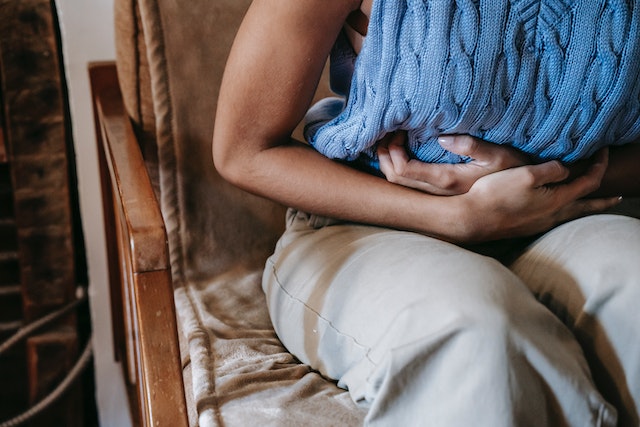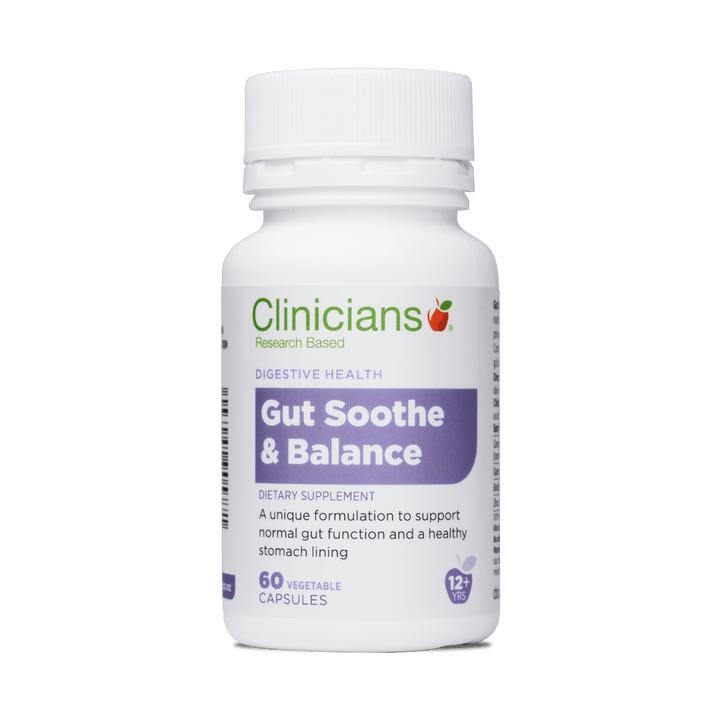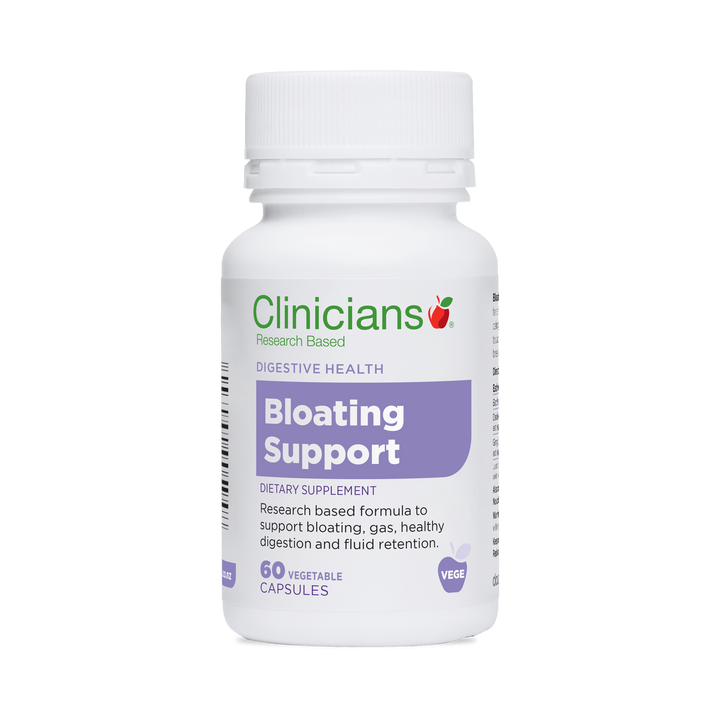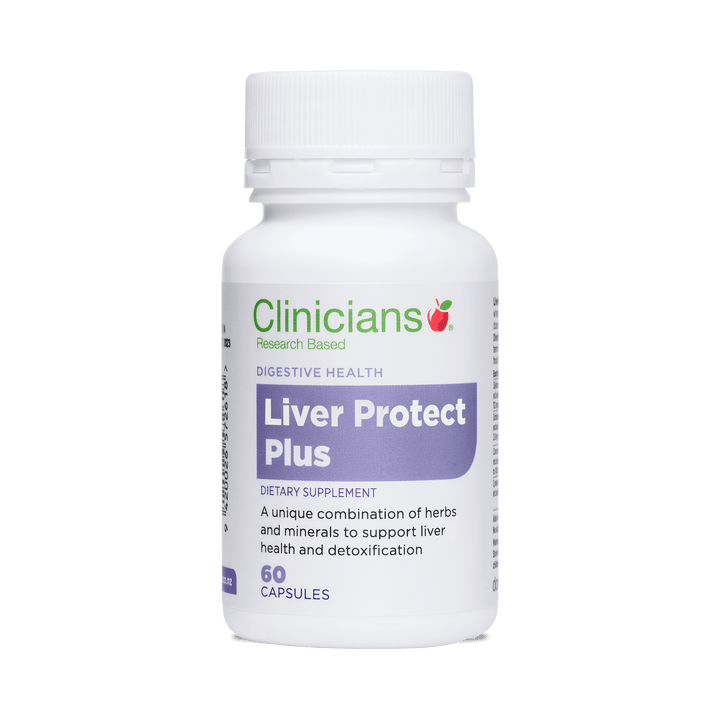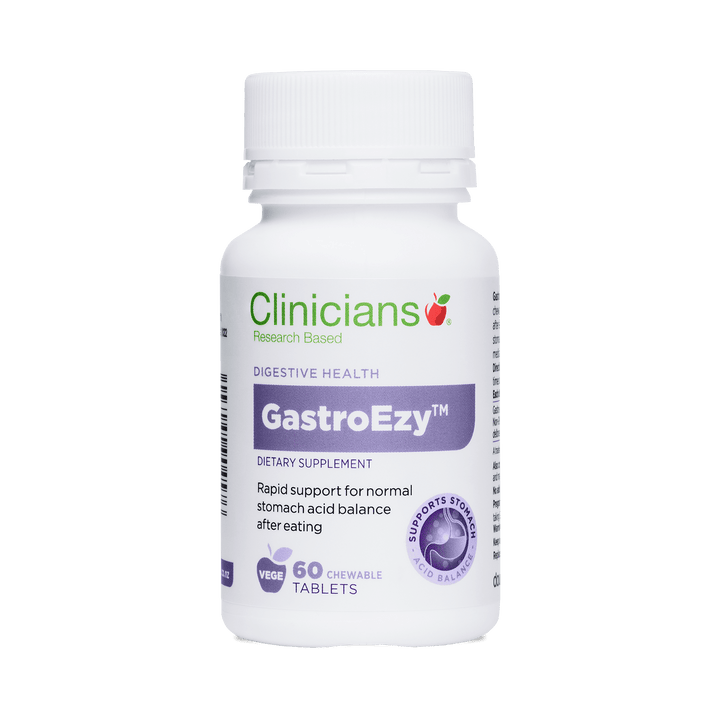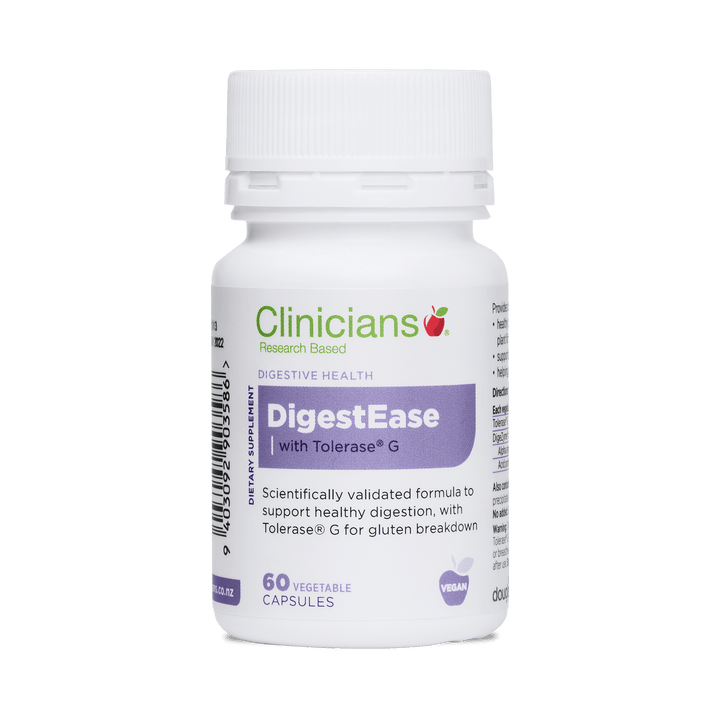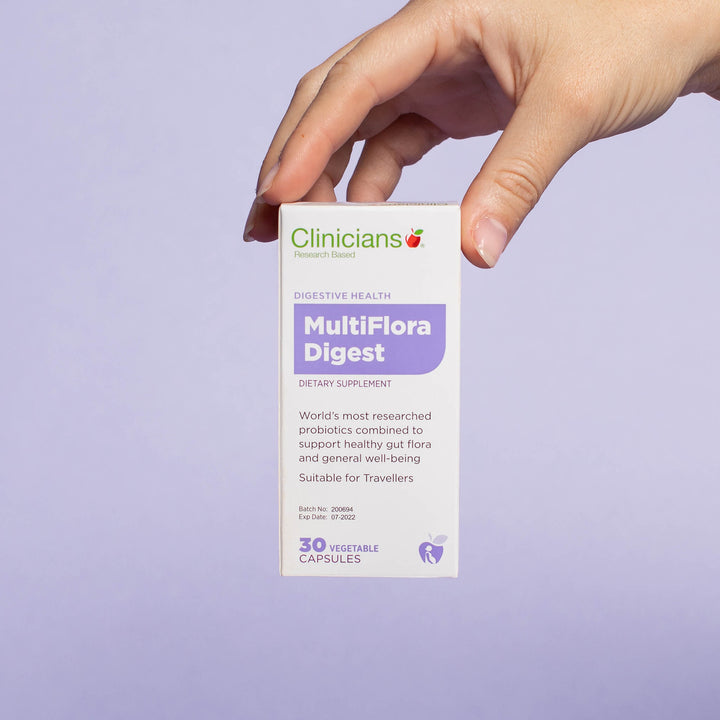Is regular bloating the cause of last-minute wardrobe changes? Do your clothes feel too tight? Do you feel uncomfortable and not look your best self? Let's unpack what causes bloating and what you can do about it.
Bloating is something that many people have learned to live with. Quite often it can occur shortly after eating or it may just occur at times when you have had a large meal. For some it can happen after eating certain foods or when we are in a rush and bolted down our food too quickly.
If this sounds familiar you might want to find out a bit more about bloating, its triggers and how to avoid it.
What is bloating?
This is where the abdomen/belly gets distended and tight; hence making waistbands rather uncomfortable. You might also hear gurgling noises and could experience gas. You might also suffer stomach aches, which could have you reaching for a hot water bottle. In some cases, the digestive system is affected, so bloating could be accompanied by loose bowels or constipation.
For women there is also another type of bloating that occurs around their period, leading to days of feeling puffy and uncomfortable.
What causes bloating?
Everyone will have their own triggers, but here are a few common causes that can lead to bloating.
Dysbiosis
Gut flora imbalance or dysbiosis is when we have an overgrowth of less beneficial bacteria and yeasts in the gut. These unwelcome visitors consume the sugars in our food and create gases, which then lead to our puffiness. Gut flora can get out of balance when our healthy bacterial populations are compromised by things such as stress, poor diet, food intolerances, medications or hormone changes.
Poor food breakdown
Indigestion of foods can occur when we have a lack of digestive chemicals in the stomach and small intestines. Stomach acid is needed to start the digestion of recently consumed foods, as is bile from the liver. We also have digestive enzymes released from the stomach, small intestines, pancreas and liver that break down carbohydrates, fats, and proteins. Without good levels of these chemicals, foods cannot be broken down to their basic constituents and absorbed in the small intestines. This allows them to remain in the gut and ferment causing gases.
Poor gut and liver health, ageing, stress and poor diet can affect the production of these chemicals. Also, certain people may not be genetically able to produce the right chemicals to break down certain food groups; hence people being lactose intolerant and not able to break down dairy or gluten intolerant and not able to break down gluten-containing grains.
Fluid retention
This is when water is retained within the body and causes swelling. In women, belly bloat is common around their period caused by an increase in oestrogen that leads to water held around the middle. This can be exacerbated by hot weather, having too much salt, alcohol and being sedentary.
Top hacks for beating the bloat
Balance gut bacteria
Restoring the balance of beneficial bacteria and reducing less beneficial bacteria and yeasts is our # 1 hack. Supplementing with beneficial bacteria is helpful but does not necessarily remove the bad bacteria and yeasts. This is where spore biotics are helpful. When they enter the small intestines, they start to multiply rapidly pushing the less desirable bacteria and yeasts off the gut walls. Once they have done their good work, they leave the gut themselves.
You can also support good bacteria populations b feeding them the types of foods their like to eat to thrive. This includes fiber from fruits, vegetables, nuts, seeds and whole grains. Less desirable bacteria and yeasts like refined carbohydrates and sugar to make their gases, so try to limit junk and processed foods.
Increase warming digestive herbs
Warming up the digestive system can help with digestive energy to break down foods and helps to relieve the discomfort of gas buildup. This is why many recipes include these digestive herbs. Ginger, fennel, cinnamon and aniseed are great examples of warming herbs. Top hack: try a piece of ginger root in hot water to help ease stomachache.
Stop the fluid build-up
In terms of diet managing sodium levels is important for normal water balance. Watch out for processed foods and fizzy drinks, as they are a source of hidden sodium, more so than just putting some salt on your dinner.
Increase potassium and magnesium foods as they help to balance sodium levels. This means increasing green leafy vegetables and other high sources such as bananas, avocados, tomatoes, and sweet potatoes.
Some herbs act to gently support healthy fluid balance, such as dandelion, parsley, hibiscus and cornsilk. Green and black tea are also diuretics, as is celery, asparagus and watermelon.
When looking at hormonal fluid balance balancing oestrogen is key, and this will help other PMS symptoms too. DIM (diindolylmethane) found in the cabbage family supports the healthy processing of oestrogen. Chaste tree is also a herb that supports the natural balance of oestrogen and progesterone and is great for support for premenstrual mood, fluid retention and breast tenderness.
Good eating practices
Eating too fast can mean that food is not digested well and if you are talking at the same time, you might be sucking in excess air. Eat mindfully, chew food thoroughly, eat slowly so that your satiety receptors have time to tell you that you have eaten enough and the stretch receptors in the gut have time to tell you that you are full.
Increase your digestive chemicals
Increasing digestive chemicals will improve the way you break down food, which means better absorption of nutrients and less gas. Fruits like pineapple, mango, kiwifruit. papayas, bananas and avocados naturally contain digestive enzymes, so include them around meal times. Also, fermented foods such as kimchi, miso, sauerkraut and kefir are enzyme-containing and good for the gut.
To support healthy levels of stomach acid a glass of lemon juice or apple cider vinegar in water helps boost acid levels. This is helpful for breakdown fatty foods and helps protect the stomach from less beneficial bacteria.
Lastly, bitter foods trigger the liver to make and release bile, which is important to break down fats and remove excess cholesterol and toxins. Increase green leafy vegetables and herbs to trigger that bitter taste.
Hopefully, you have a better understanding of bloating and can make some changes in your daily routines to stay bloat-free. If you have any questions book a free 15-minute consult with one of our naturopaths.
Introducing our newest digestive product:
Bloating Support
Formulated with Ginger, Dandelion and LactoSpore® probiotics to support bloating, gas, healthy digestion and fluid retention.

